Your baby is now officially an embryo and is about the size of a poppy seed.
Please visit www.nhs.uk/conditions/pregnancy-and-baby/4-weeks-pregnant/ for more information.
Local Maternity and Neonatal System
View navigation
Labour and birth
The third stage of labour happens after your baby is born, when your womb contracts and the placenta comes out through your vagina.
There are two ways to manage this stage of labour:
Your midwife will explain both to you while you're still pregnant or during early labour, so you can decide which you would prefer.
There are some situations where physiological management isn't advisable. Your midwife or doctor can explain if this is the case for you.
Active management speeds up the delivery of the placenta and lowers your risk of having heavy bleeding after the birth (postpartum haemorrhage), but increases the chance of you feeling nauseous and vomiting. It can also make afterpains – contraction-like pains after birth – worse.
If the placenta doesn't come away naturally or you begin to bleed heavily, you'll be advised by your midwife or doctor to switch to active management. You can do this at any time during the third stage of labour.
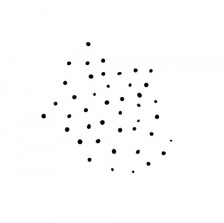
Your baby is now officially an embryo and is about the size of a poppy seed.
Please visit www.nhs.uk/conditions/pregnancy-and-baby/4-weeks-pregnant/ for more information.
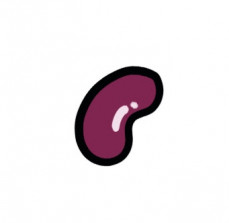
Your baby is now the size of a kidney bean and weighs 1g.
Please visit www.nhs.uk/conditions/pregnancy-and-baby/8-weeks-pregnant/ for more information.
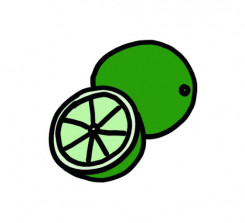
Welcome to the second trimester!
Your baby is about the size of a small lime and weighs approximately 14g.
You have hopefully seen your midwife for your 'booking in' appointment, if you have not yet seen a midwife please make an appointment quickly, so you can have all of your choices about screening tests explained and offered to you.
Please visit www.nhs.uk/conditions/pregnancy-and-baby/12-weeks-pregnant/ for more information. You can also link to the 'Pregnancy Journey' area here.
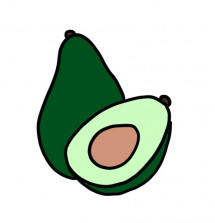
Your baby is about the size of an avocado and weighs approximately 100g.
Please visit www.nhs.uk/conditions/pregnancy-and-baby/16-weeks-pregnant/ for more information.

Your baby has grown in length and is now the length of a small banana and weighs approximately 300g. Around this time you will be offered your '20 week' scan, also known as the 'anatomy' or 'anomaly' scan.Click here for more information about screening.
This is a also a good time to talk and sing to your bump as your baby can now hear sounds. This is great way for you and your partner/family to bond with your baby.
Please visit www.nhs.uk/conditions/pregnancy-and-baby/20-weeks-pregnant/ for more information.
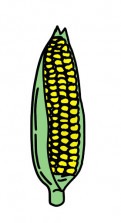
Your baby has grown again to the approximate length of an ear of sweetcorn and weighs about 600g.
Please visit www.nhs.uk/conditions/pregnancy-and-baby/24-weeks-pregnant/ for more information.
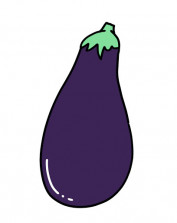
Welcome to the third trimester!
Your baby is now approximately the weight of an aubergine; about 1kg and approximately 37cm in length.
Please visit www.nhs.uk/conditions/pregnancy-and-baby/28-weeks-pregnant/ for more information.
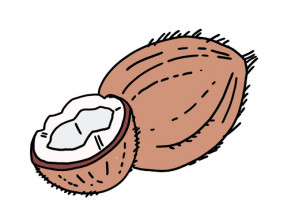
Your baby now weighs approximately the same as a coconut; around 1.5kg.
Please visit www.nhs.uk/conditions/pregnancy-and-baby/32-weeks-pregnant/ for more information.
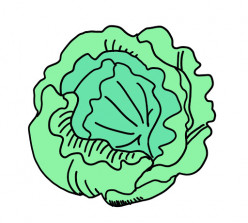
Your baby is now around the same size as a lettuce, approximately 47cm long and weighs around 2.6kg.
Please visit www.nhs.uk/conditions/pregnancy-and-baby/36-weeks-pregnant/ for more information.
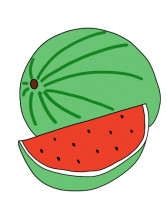
Your baby is now the weight of a small watermelon which is approximately 3.3kg and around 50cm in length.
Please visit www.nhs.uk/conditions/pregnancy-and-baby/40-weeks-pregnant/ for more information.